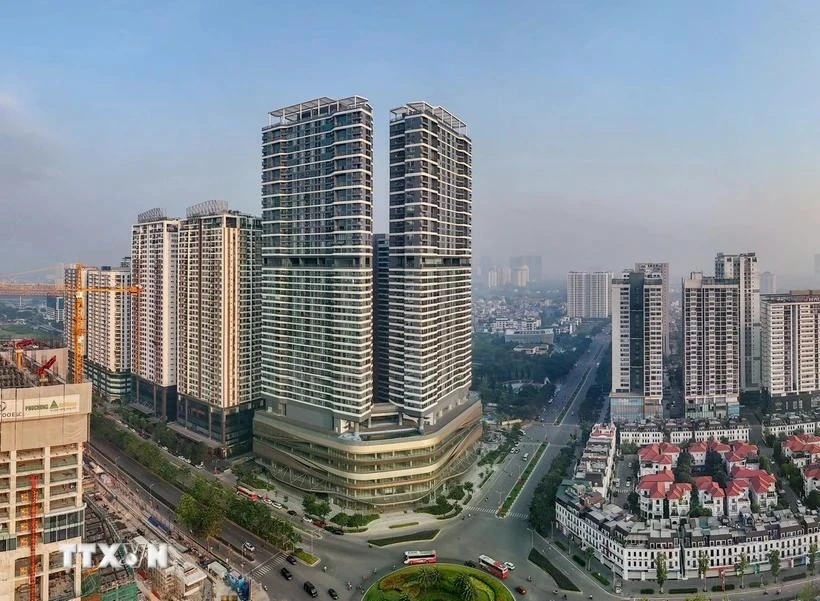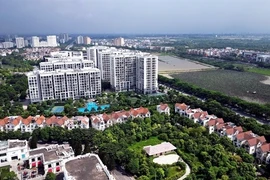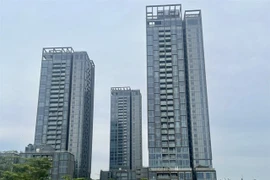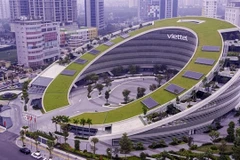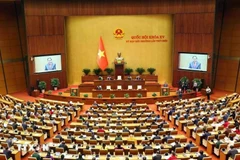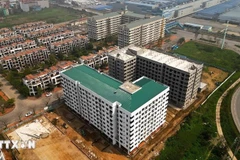Hanoi (VNA) – Vice Chairman of the Vietnam National Real Estate Association (VNREA) Nguyen Van Dinh has outlined two scenarios for Vietnam’s property market in 2025, influenced by the ongoing scheme to streamline the political system’s organisational apparatus.
In the optimistic scenario, the apparatus streamlining efforts will reduce administrative time and costs, and legal policies will be eased, providing vital support for the real estate market. This will allow the sector to enter a new phase of growth and development.
On the other hand, in a more challenging scenario, if newly merged agencies or individuals lack initiative or are hesitant to sign off on necessary documents, the investment processes for real estate projects may slow down or even stall, causing significant disruption in the market.
From a standpoint of a state management agency, Vuong Duy Dung, Deputy Director of the Department of Housing and Real Estate Market Management under the Ministry of Construction, emphasised that streamlining the political system’s apparatus presents an opportunity not only for real estate businesses but for all sectors. Simplifying administrative procedures will ultimately reduce both time and costs for businesses, he said.
After streamlining and reorganising, many agencies and departments involved in real estate projects will significantly reduce the number of major procedures - from around 30-40 key steps, not including minor ones - making the process much more efficient, he held, adding that clearer decentralisation from central to local levels will help speed up the implementation of projects.
In addition to streamlining the apparatus, global trade tensions are predicted to impact both the domestic economy and the real estate market.
Le Van Binh, Deputy Director of the Land Department under the Ministry of Natural Resources and Environment, suggested that if Vietnam successfully avoids higher US tariffs, it could become a magnet for major global investors. As a result, industrial real estate will thrive, spurring growth in related segments, such as worker housing and social housing, he said.
Social housing, in particular, is expected to remain unaffected by the trade war and will benefit from various incentives and simplified legal procedures. Binh believed that this segment will attract a growing number of investors. With the successful implementation of the 1-million-unit social housing project, other market segments, especially the high-end housing market, are likely to see reduced demand as more affordable housing options become available, the official added./.
